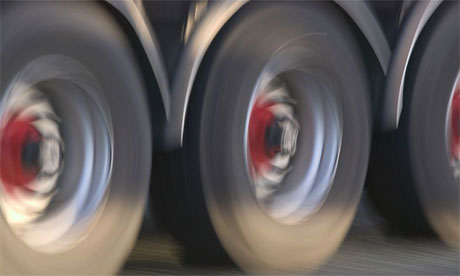Transporting end-of-lay hens to slaughter

Unlike broilers which are reared for meat and yield a valuable food product, end-of-lay (or ‘spent’) hens are considered a by-product of the egg industry.
Due to their low economic value, spent hens are unattractive to most poultry-processing companies. Thus, globally, the poultry industry is faced with billions of spent hens every year. The majority of poultry in commercial production are ultimately transported to processing facilities at the end of their commercial lifecycle.
During transportation poultry are exposed to a number of concurrent stressors – primary among which is thermal stress – constituting a major threat to poultry welfare. Thermal stress (either a prolonged heat or cold stress) will have detrimental effects on all poultry in transit. Previous research into the microclimates of poultry transport systems has mainly focused on broiler chickens.
Large numbers of laying hens are transported for processing as well and therefore in this study the microclimates of 24 loads of laying hens from farm to processing were monitored and evaluated using data loggers distributed within the load, and factors affecting the microclimate were identified.
Mathematical models revealed significant differences in predicted drawer temperature depending on their location and the outside environmental temperature. Higher predicted temperatures were found in uppermost drawers of the top modules at the front of the lorry, and lower temperatures in drawers on the outer sides of modules and in those drawers in modules next to the back of the lorry in both the upper and lower modules during transport.
In the lairage, drawer temperature generally decreased, except in drawers at the top of modules where temperatures increased. There is a greater risk of cold stress rather than heat stress with end-of-lay hens. Adjusting the numbers of birds loaded per drawer according to bird condition and the weather, appears to be an effective mitigation strategy which is already in use commercially.












